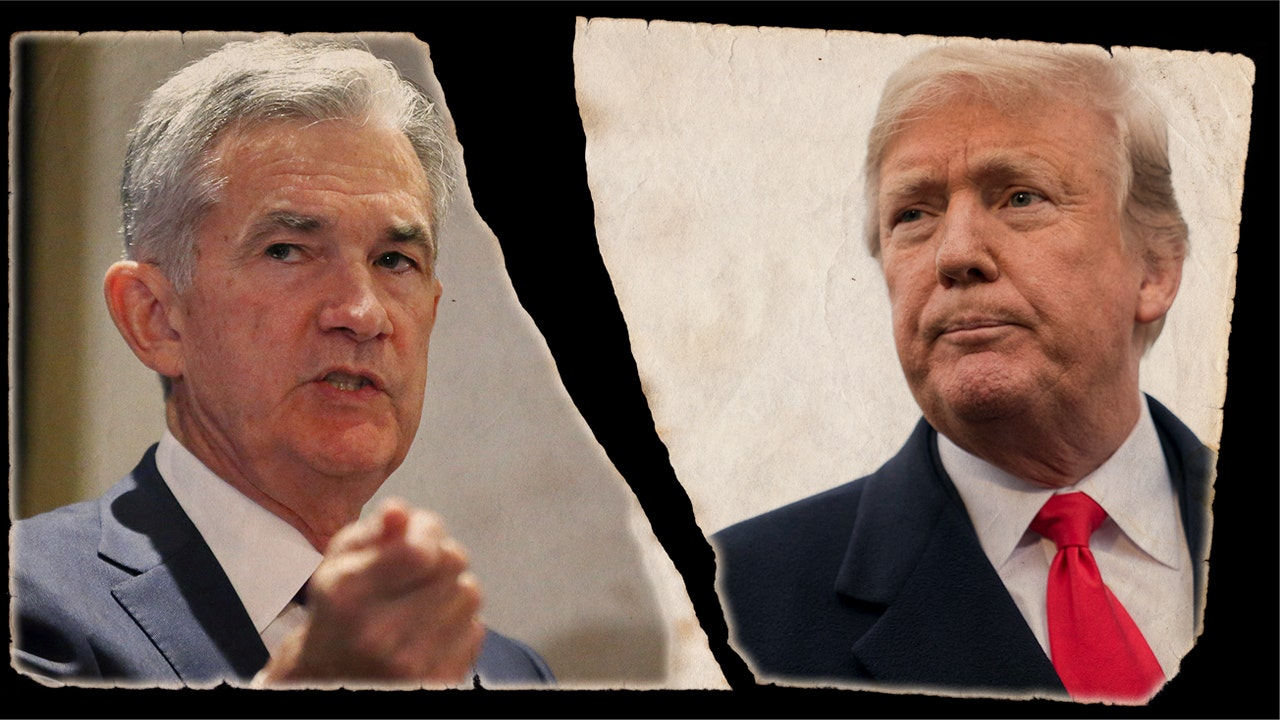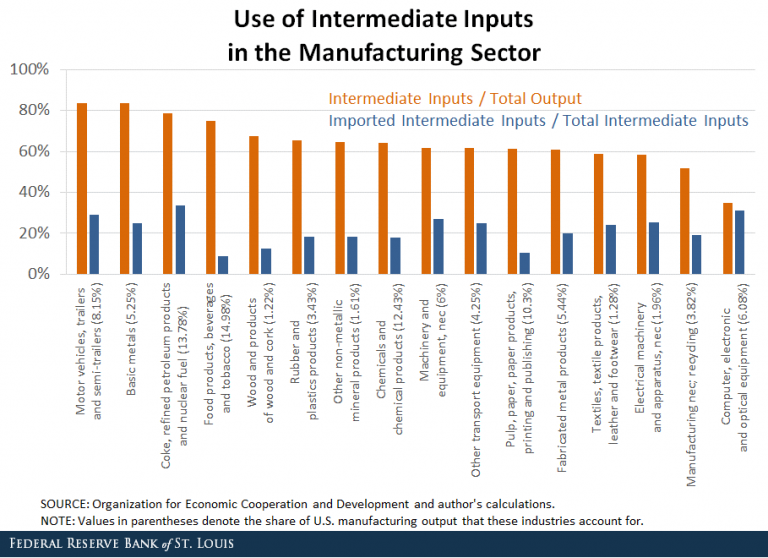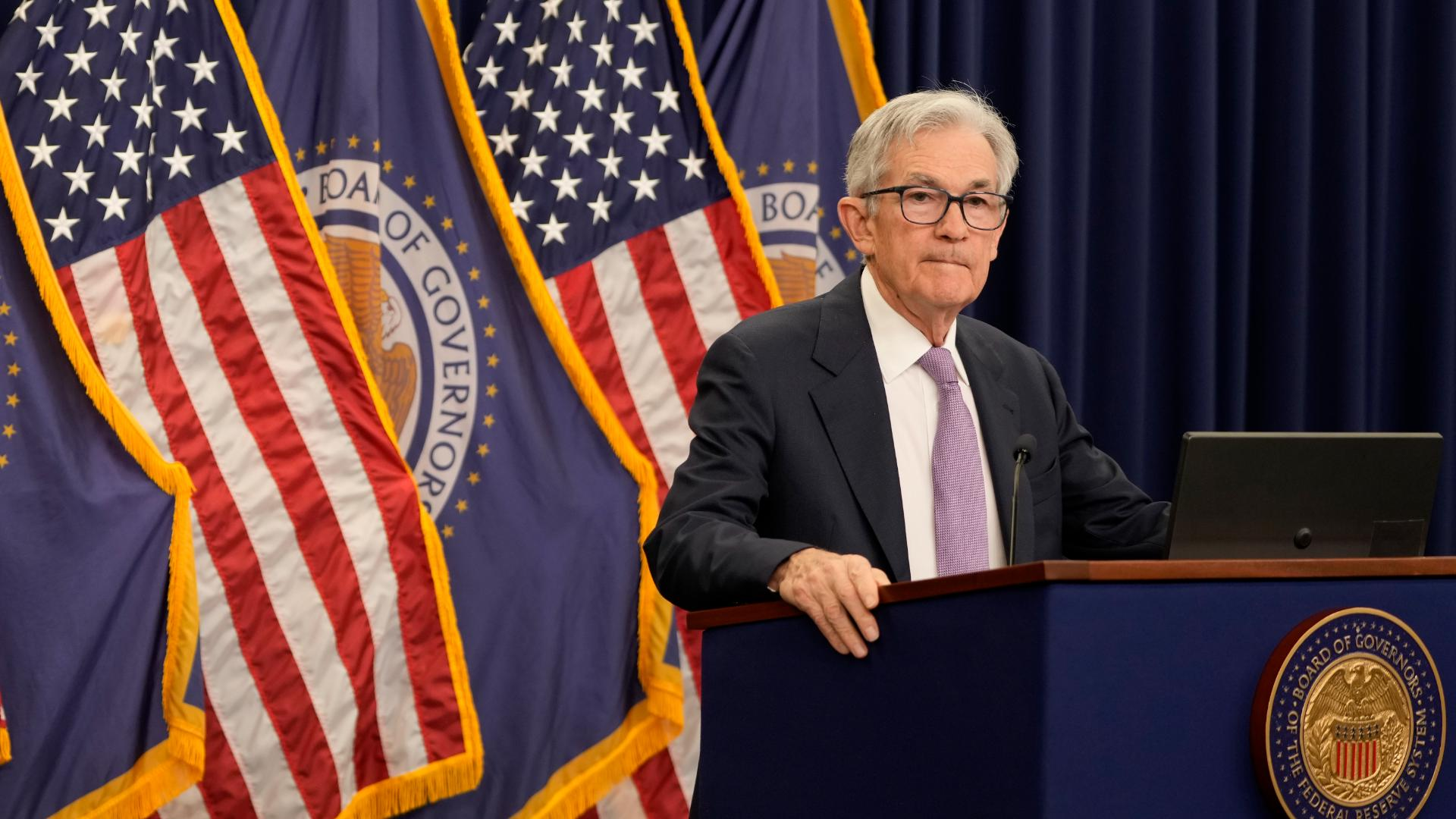
Can Trump Fire Fed Chairman? Exploring the Legal Fallout
Can Trump fire Fed chairman Jerome Powell? This pivotal question has stirred extensive debate regarding the role of the Federal Reserve and the implications of its independence, particularly during Trump’s administration. Trump has consistently voiced dissatisfaction with Powell’s monetary policies, suggesting that more aggressive interest rate cuts would bolster economic growth. Analysts warn that attempting to remove Powell could have detrimental effects, shaking market confidence and impacting the already complex dynamics of Fed independence. Understanding the legal framework surrounding Federal Reserve removal laws is crucial, as it shapes the future of monetary policy under Trump and beyond.
The potential dismissal of the Federal Reserve chairman by President Trump raises significant concerns about the autonomy of the central bank. With debates surrounding the impact of Fed independence and the statutory protections afforded to its leadership, questions about Jerome Powell’s position have emerged. Many speculate that Trump’s previous attempts to influence monetary policy could signal a shift in how the Fed operates, especially in light of his administration’s economic strategies. As the landscape of monetary governance evolves, implications for future federal economic policies must be closely examined, particularly in relation to the prospective appointment of new Federal Reserve leadership after Powell.
Can Trump Fire the Fed Chairman? Understanding the Legal Framework
The question of whether President Trump can fire Jerome Powell, the current Chairman of the Federal Reserve, hinges on the interpretations of the Federal Reserve Act of 1913. This Act stipulates that individual governors can be removed for cause but leaves ambiguous the terms governing the chairman’s possible ousting. While some interpretations suggest that the four-year term appointed by the president does not extend to ‘for cause’ protection, others argue that any attempt to remove the chairman undermines the independence that the Federal Reserve has historically maintained. This ambiguity raises concerns about the implications of political pressure on Fed policies, which are ostensibly designed to be insulated from short-term political considerations, ensuring that monetary policy remains focused on long-term economic stability and inflation targets.
The independence of the Federal Reserve is vital for maintaining trust in U.S. monetary policy. If Trump were to pursue firing Powell, it could have a chilling effect on market confidence, as investors might interpret such action as an intention to install a more compliant Fed chairman who would favor looser monetary policies. Financial markets thrive on predictability and stability; thus, any signal from the executive branch that threatens the autonomy of the Federal Reserve could lead to volatility, influencing interest rates and financial market operations significantly.
Frequently Asked Questions
Can Trump fire the Fed chairman Jerome Powell?
While President Trump has hinted at the possibility of firing Fed Chairman Jerome Powell, he does not have unfettered authority to do so. The Federal Reserve Act allows for governors to be removed ‘for cause,’ but it is unclear if this applies to the Fed chairman, as the Act does not specify it. Additionally, any attempt to fire Powell could face significant market backlash and be challenged in courts, given the Supreme Court’s stance on the independence of regulatory agencies.
What are the implications of Trump’s Fed chairman policies on Jerome Powell?
Trump’s policies have been characterized by a demand for lower interest rates to stimulate the economy; however, Powell’s adherence to independent monetary policy may conflict with Trump’s goals, potentially affecting his position. If Powell is seen as failing to align with Trump’s economic agenda, it could lead to significant discussions around his removal, impacting the perceived stability of the Fed.
How would the market react if Trump attempted to remove the Fed chairman?
If Trump pursued the removal of Jerome Powell, the market response could be quite severe, as investors generally favor the Fed’s independence. Such a move could undermine trust in the Federal Reserve, leading to an increase in long-term interest rates and overall market volatility, as markets perceive a shift towards more accommodative monetary policy.
What are the federal laws regarding the removal of a Fed chairman?
According to federal laws, specifically the Federal Reserve Act, the president can remove members of the Board of Governors for ’cause.’ However, it remains unsettled whether this extends to the position of the Fed chairman, creating ambiguity about any potential removal by Trump.
Could the independence of the Federal Reserve be affected by Trump’s actions regarding the Fed chairman?
Yes, if Trump were to successfully remove Jerome Powell or express intentions to do so, it could jeopardize the long-standing independence of the Federal Reserve. This action could lead to fears of political influence over monetary policy, affecting the institution’s credibility and effectiveness in managing inflation.
What has been Trump’s relationship with the Fed under Jerome Powell?
Trump’s relationship with Fed Chairman Jerome Powell has been tumultuous, with Trump frequently expressing dissatisfaction regarding interest rate policies. Trump has publicly criticized Powell for not aggressively pursuing rate cuts to stimulate economic growth, leading to speculation about Powell’s job security during Trump’s presidency.
How does Trump’s suggestion to fire the Fed chairman align with historical precedents?
Historically, attempts to remove a Fed chair have been rare due to the strong precedent of Fed independence established in the 20th century. Any move by Trump to fire Powell could signal a departure from this tradition, raising alarm among economists and market analysts who value the Fed’s autonomy from political pressures.
| Key Point | Details |
|---|---|
| Trump’s Relationship with Powell | President Trump has had a rocky relationship with Fed Chair Jerome Powell, criticizing him for not being aggressive in cutting interest rates. |
| Legal Grounds for Removal | The Federal Reserve Act allows governors to be removed for cause, but it’s unclear if this applies to the chair. The Supreme Court’s interpretation could influence whether Trump can remove Powell. |
| Market Reactions | Analysts predict market turmoil should Trump attempt to fire Powell. The independence of the Fed is crucial for market stability. |
| Potential Impacts of Removal | Removing Powell could lead to looser monetary policy, which may undermine market trust in the Fed and raise long-term interest rates. |
| Successor Considerations | If Trump were to appoint a new chair, markets might still react negatively to the act of removal itself, regardless of the successor’s credentials. |
Summary
Can Trump fire Fed chairman? The answer lies in a complex interplay of law and politics. While the Federal Reserve Act provides grounds for removal, the actual process is fraught with implications for market stability and the credibility of the Federal Reserve. Trump’s contentious relationship with Jerome Powell highlights not only the potential for executive overreach but also the market’s deep-seated fear of destabilization. Ultimately, whether Trump decides to pursue this path or not, the independence of the Fed remains a lynchpin of economic confidence.


